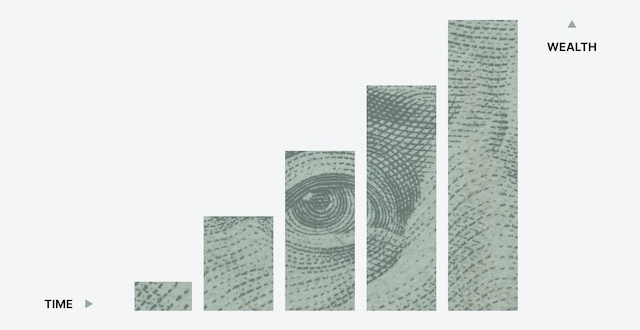Photo by Morgan Housel on Unsplash
In a welcome turn of events, the recent easing of inflation rates has injected a sense of ‘guarded optimism’ into the property sector. Industry experts and stakeholders are cautiously hopeful that the more favorable economic conditions may provide a much-needed boost to real estate markets worldwide.
The latest figures show UK inflation slowed to 4.6% in the 12 months to October 2023, down from 6.7% in September.
The Office for National Statistics (ONS)
The global economy has been grappling with inflationary pressures over the past year, leading to concerns about rising costs and reduced purchasing power. However, recent data indicates a moderation in inflation rates, prompting real estate professionals to reevaluate the landscape.
According to the latest reports from economic analysts, the inflation rate has dipped to a more manageable level, offering relief to various industries, including real estate. This development is particularly noteworthy for the property sector, which has been navigating the challenges posed by the pandemic, supply chain disruptions, and inflation-induced uncertainties.
One key impact of reduced inflation is the potential for lower interest rates, making borrowing more affordable for potential homebuyers and investors. This, in turn, could stimulate demand in the housing market, driving property sales and supporting property values.
Real estate experts suggest that the decline in inflation may also contribute to increased consumer confidence. As inflation moderates, people may feel more secure about their financial future, encouraging them to make long-term investments such as buying property. This psychological shift could further stimulate activity in the real estate market.
However, industry insiders emphasize the need for ‘guarded optimism’ as they remain aware of the broader economic context. The property sector is intricately linked to various factors, and while reduced inflation is a positive sign, uncertainties still persist. Global events, such as geopolitical tensions or unforeseen economic shocks, could impact the property market’s trajectory.
Developers and investors are cautiously assessing the situation, considering the potential benefits of a more favorable economic environment while remaining vigilant about potential challenges. Some are optimistic that the easing inflationary pressure may provide a window of opportunity for strategic investments and development projects.
The residential real estate market is expected to be one of the primary beneficiaries of the inflation ease. Lower borrowing costs can make homeownership more accessible, particularly for first-time buyers. This demographic, which has been historically sensitive to economic fluctuations, could become a driving force in the property market’s recovery.
Commercial real estate, too, stands to gain from these developments. Lower inflation may result in reduced operational costs for businesses, potentially freeing up capital for expansion and investment in commercial properties. Corporations may find themselves in a more favorable position to invest in office spaces, retail outlets, and industrial properties.
Real estate professionals are advising industry stakeholders to remain flexible and adapt to the evolving economic landscape. While the current trends suggest a positive outlook, the market’s resilience will depend on various factors, including government policies, global economic stability, and the effectiveness of ongoing efforts to mitigate the impacts of inflation.
Governments and policymakers also play a crucial role in sustaining the positive momentum in the property sector. Continued support through targeted fiscal and monetary measures can help ensure that the benefits of easing inflation translate into sustainable growth for the real estate market.
In conclusion, the recent easing of inflation rates has injected a sense of ‘guarded optimism’ into the property sector. The potential for lower interest rates and increased consumer confidence offers a glimmer of hope for a market that has faced numerous challenges in recent times. However, industry players remain vigilant, recognizing that the path to recovery is contingent on various external factors. As stakeholders navigate this delicate balance, the real estate market cautiously embraces the prospect of a more favorable economic environment.

